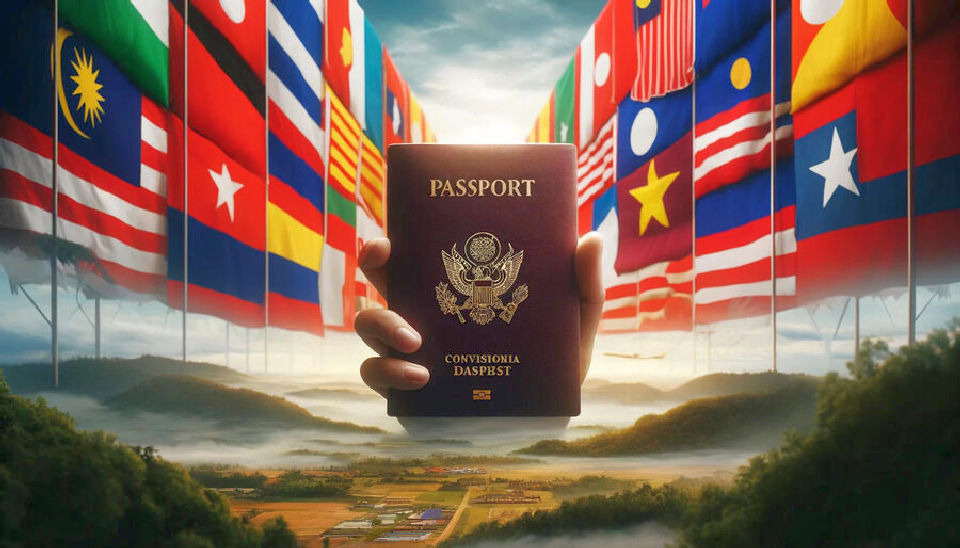
Thailand has long been the key promoter of the “six countries one destination plan” which would allow international tourists entry to all after they entered just one. Often known as Asia’s Schengen arrangement, the idea has been kicking around since the 1990s. The idea has been pushed hard by Thailand, especially by the two prime ministers in office since the end of the military-backed rule of general Prayut two years ago.
The current premier, Paetongtarn Shinawatra, stresses that the notion copies the Schengen formula from the European Union. Tourists, including those that need a visa, can enter one country and travel freely throughout the other member nations. In this way, argues the Thai lobby, everyone benefits from free association and income regionally rises steadily as everyone sees the merits of abolishing unwanted immigration bureaucracies at one stroke.
The concealed problem, of course, is that Thailand stands to gain more than the other ASEAN members. She already admits most tourists on a 60 days visa-exempt basis, whereas Cambodia (for example) relies on near-universal visa charges for a substantial part of her income. Vietnam has a complex visa structure which is still evolving. Myanmar doesn’t have any tourists at all because of the insurgency and has been replaced by Brunei in recent proposals. A broader problem is that each of the proposed Schengen countries has its own immigration structures which are incompatible and at different stages of digitalization.
The reality is that Thailand is no longer the gateway to south east Asia. Gone or going are the days when Bangkok’s airports were the hub to regional tourism because airlines now increasingly offer direct flights to other countries. Emirates fly to Phom Penh (shortly to open the ninth biggest airport in the world) and Laos Aviation offers direct services to South Korea. Malaysia is improving Kuala Lumpur international airport to be amongst the biggest and best in the region. Tourism these days is highly competitive and regional nations are fighting their own corners rather than assuming that neo-Schengen is a win-win for everybody.
Thailand hasn’t given up. The Thai prime minister has claimed that both Cambodia and Malaysia have shown positive interest in recent meetings, but spokespersons have walked back these sentiments. In diplomatic-speak phrases like “we welcome further discussions” actually mean “forget it brother”. ASEAN has a long history of not intervening in the domestic affairs of member nations, preferring to restrict its policies to free-trade issues. Thai hopes that everyone will hold hands in a broken diplomatic circle is pie in the sky. Better think it out again.










